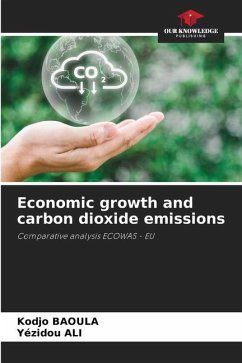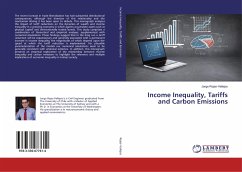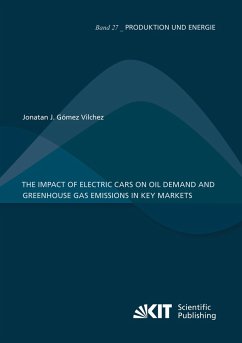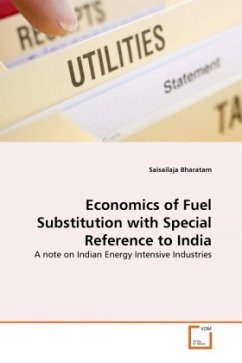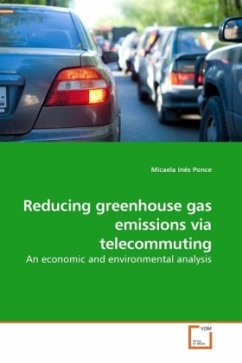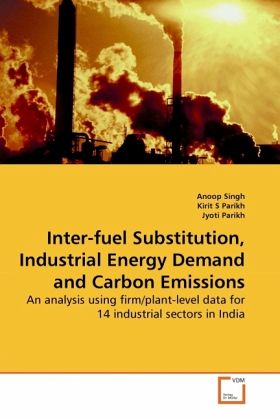
Inter-fuel Substitution, Industrial Energy Demand and Carbon Emissions
An analysis using firm/plant-level data for 14 industrial sectors in India
Versandkostenfrei!
Versandfertig in 6-10 Tagen
52,99 €
inkl. MwSt.

PAYBACK Punkte
26 °P sammeln!
Economic and environmental aspects of energy use continue to hold the attention of the industry as well as policy makers. Relative energy prices are often used as a policy tool to influence energy demand, inter-fuel substitution and energy efficiency, thus also addressing climate change. This book presents an analysis of the inter-fuel substitution in industrial sectors in India using Translog cost functions. Energy use behaviour across industrial sectors can be inferred from the estimated price and substitution elasticities. This work is perhaps the first attempt to use a unique disaggregated...
Economic and environmental aspects of energy use continue to hold the attention of the industry as well as policy makers. Relative energy prices are often used as a policy tool to influence energy demand, inter-fuel substitution and energy efficiency, thus also addressing climate change. This book presents an analysis of the inter-fuel substitution in industrial sectors in India using Translog cost functions. Energy use behaviour across industrial sectors can be inferred from the estimated price and substitution elasticities. This work is perhaps the first attempt to use a unique disaggregated energy consumption data for over 1350 firms/plants across 14 industrial sectors. The analysis precedes a review of literature and theoretical models. We estimate separate models for the basket of energy purchased and that finally used in the production process. The estimated price and substitution elasticities are used to assess the impact of a change in energy prices on energy demand and carbon emissions in 14 Indian industries. An analysis of energy efficiency in the Indian cement industry highlights the role of energy prices, choice of technology and scale economies.




